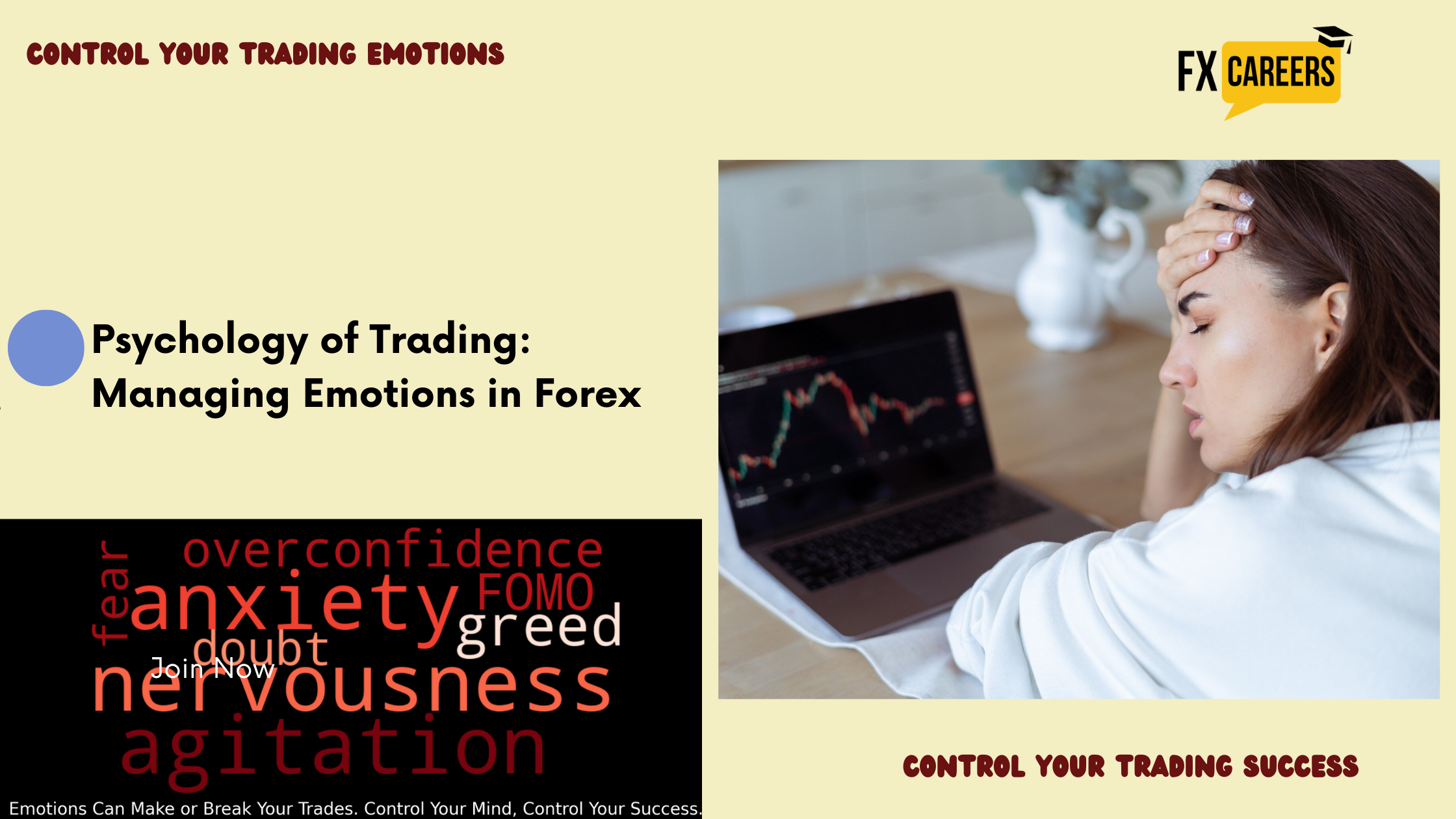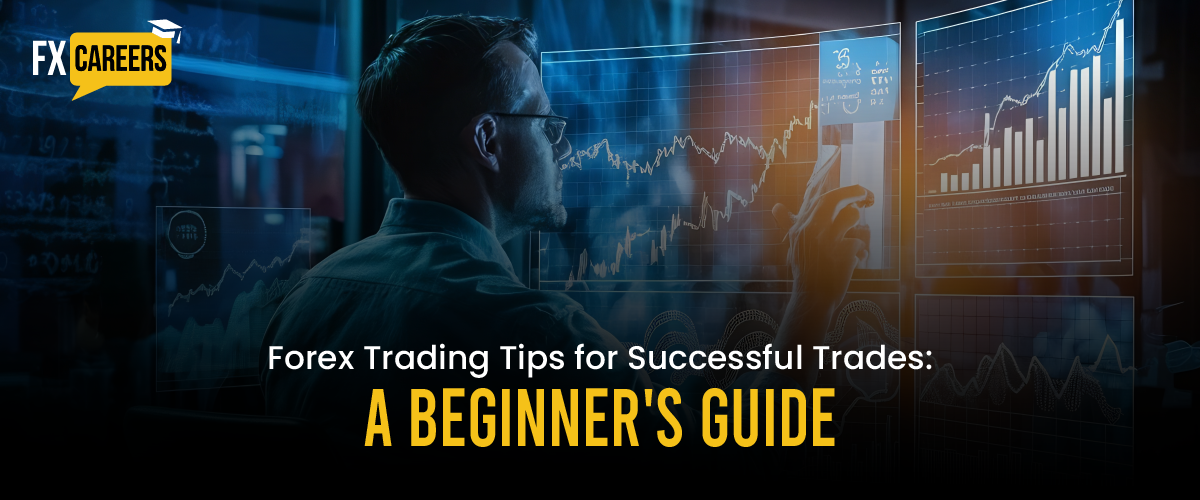
Psychology of Trading: Managing Emotions in Forex
In the thrilling world of Forex trading, emotions can be your biggest enemy or your greatest ally. This comprehensive article explores the psychological aspects of trading, highlighting the common pitfalls of fear and greed and offering practical strategies to overcome them. Discover how to develop a disciplined mindset, set realistic goals, and maintain emotional control for sustainable success in the Forex market.
Forex trading offers a thrilling chance to make money, but it also brings a storm of emotions. Many traders find themselves caught in feelings like fear, greed, and anxiety, which can lead to poor choices and financial losses. To truly succeed in this field, managing your emotions is just as vital as understanding market trends.
The Emotional Rollercoaster of Forex Trading
Trading is not just about analyzing charts and numbers; it's also a personal battle. When the market takes a downturn, fear can make you panic and sell too early. Conversely, when trades are going well, greed might tempt you to take unnecessary risks. This cycle of emotions often leads to mistakes.
Research shows that traders who fail to control their emotions often experience greater losses than those who remain calm and collected. The market will always have its ups and downs, but learning to stay steady is crucial for long-term success.
Fear and Greed: The Two Biggest Obstacles
Fear and greed are the two main emotions that cloud a trader's judgment.
- Fear can prevent you from making trades even when the opportunity is clear. You hesitate because you're worried about losing money.
- Greed pushes you to take risks that are not wise, hoping for even bigger profits.
For example, after a successful trade, instead of sticking to your strategy, greed may convince you that you can double your profits on the next trade. You jump in without proper analysis, and suddenly the market shifts against you, erasing your gains. This is how greed can ruin your trading efforts.
How to Manage Your Emotions in Trading
Managing your emotions is a skill that requires practice. Here are some effective strategies:
- Stick to a Trading Plan: Create a clear plan for when to enter and exit trades. This helps remove emotional decision-making.
- Limit Your Risk: Never risk more than 2% of your account on a single trade. This way, if things go wrong, you can recover without panic.
- Take Breaks: Spending hours in front of a screen can lead to emotional exhaustion. Taking breaks allows you to refresh your mind and return with a clearer perspective.
- Practice with a Demo Account: Before trading with real money, use a demo account to gain experience without emotional pressure.
Know Your Triggers
Every trader has specific emotional triggers. You might feel anxious during market dips or overly confident after winning trades. Recognizing these triggers is essential. By understanding what makes you anxious or overly excited, you can step back and think before acting.
The Role of Discipline in Trading
Discipline separates successful traders from those who struggle. A disciplined trader sticks to their plan even when faced with challenges. They understand that losses are part of trading and do not let one bad trade cloud their judgment.
Legendary trader Paul Tudor Jones once said: “The most important rule of trading is to play great defence, not great offence.” This emphasizes the importance of protecting your capital and maintaining discipline for long-term success.
The Mental Edge in Forex
Success in Forex trading goes beyond just knowing the market; it involves controlling your emotions and maintaining discipline. The best traders are not necessarily the smartest but are often the most mentally prepared.
Take Control of Your Trading Emotions
To improve your trading performance, start by examining your emotions during past trades. Were you driven by fear or greed? Did these feelings lead to regrettable decisions? Identifying these patterns is the first step toward becoming a more disciplined trader.
Begin mastering your emotions today by creating a solid trading plan, adhering to risk limits, and being aware of your emotional triggers. Over time, you'll find that controlling your emotions is just as crucial as understanding market dynamics.
Your journey toward better trading starts with controlling emotions. Stay focused, maintain discipline, and watch as both your skills and profits grow over time.








